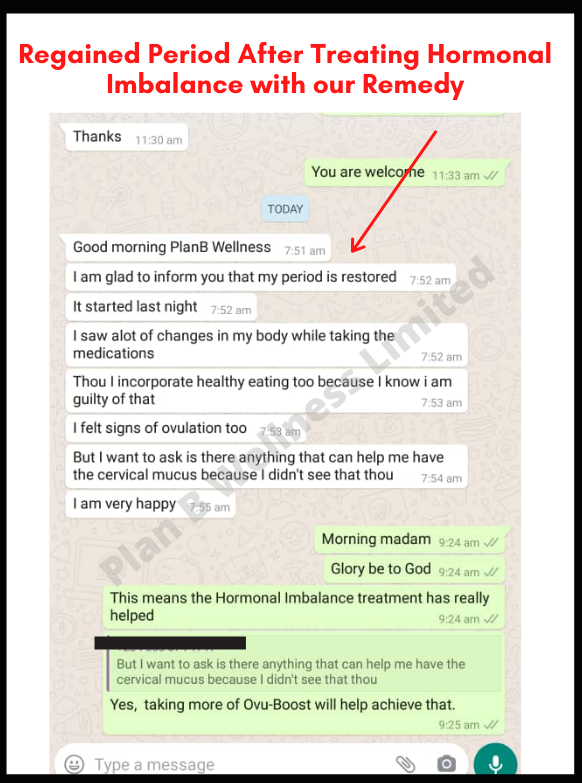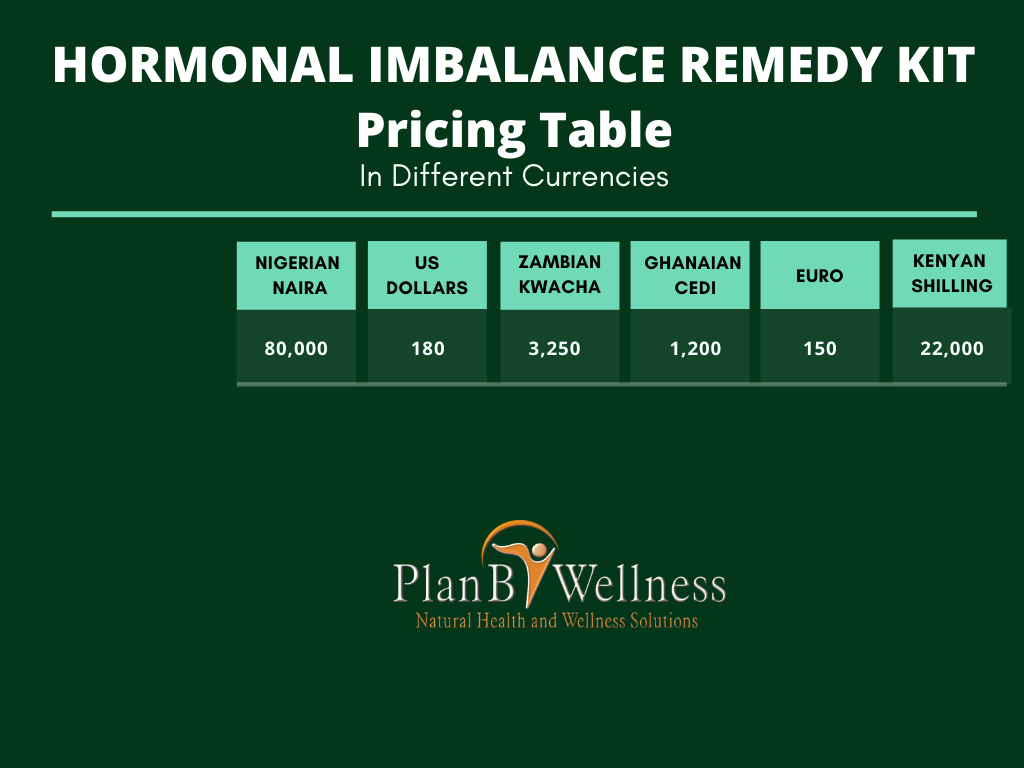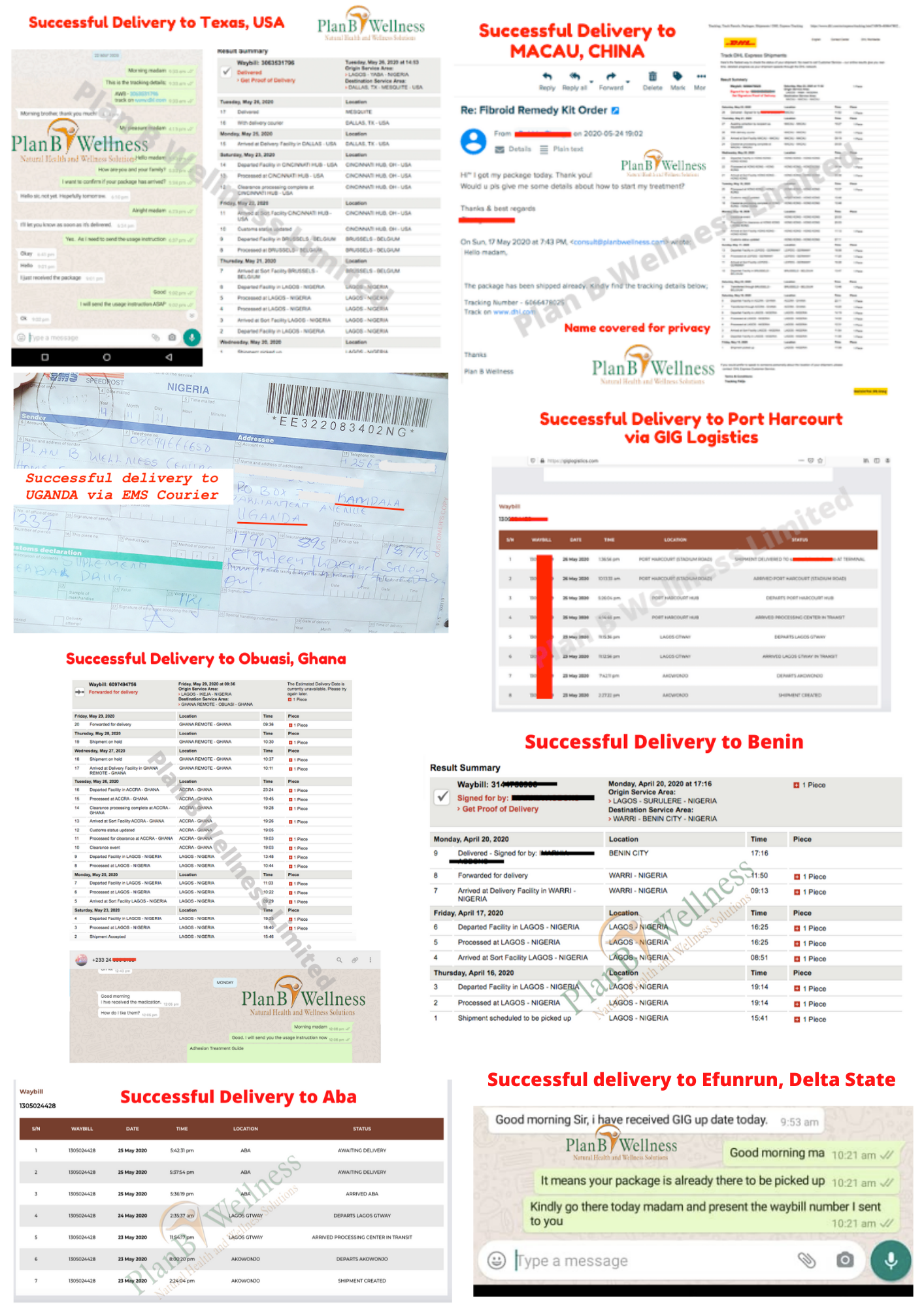Hormone imbalance problems are probably more common than you’d guess: As many as 25 percent of women with fertility problems suffer from ovulation problems, induced by hormone imbalances, although many may not know it until they seek treatment for infertility.
There are a few clues your body may be giving you, if you know what to look for.
First, your periods. Are they regular?
Irregular or absent periods, as well as periods that are increasingly lighter or heavier than normal, are a red flag that FSH (Follicle Stimulating Hormone) and LH (Luteinizing Hormone) levels may be off.
Hormonal imbalances may also cause some women to gain weight, grow hair in unwanted places (including the upper lip, chin, abdomen and chest), lose hair on the scalp and develop acne.
Sometimes, it’s simply your daily life that throws hormones out of whack. Stress, weight loss or gain and even a new intense workout are all enough to cause temporary problems with ovulation, but sometimes hormone imbalances occur because your body’s systems are malfunctioning.
Polycystic ovarian syndrome (PCOS), for example, is an endocrine disorder that affects as many as 10 percent of women.

PCOS is a disruption in communication between the brain, the pituitary gland and the ovaries, but we don’t currently know the cause.
PCOS is characterized by irregular or lack of ovulation, irregular or lack of menstrual periods, elevated levels of androgens (hyperandrogensim) including testosterone, androstenedione and dehydroepiandrosterone sulfate (DHEA-S), abnormal levels of LH, FSH and oestrogen and small cysts covering enlarged ovaries (polycystic ovaries).
It also is associated with obesity and difficulty losing weight, insulin resistance, cardiovascular disease, hair and skin changes, endometrial cancer, sleep apnea and depression.
PCOS is also one of the most common causes of infertility among women of reproductive age, and may also increase a woman’s miscarriage rate by 45 percent or more.
PCOS is a heavy-hitter, but it’s not the only hormonal disorder that might disrupt fertility.
A condition known as Premature Ovarian Failure (POF) — not to be confused with menopause, despite similar symptoms — is an ovulation disorder affecting, typically, women under the age of 40.
Women with POF have ovaries that have stopped working, causing irregular periods (or none at all).
Women with POF may have no follicles remaining in their ovaries, or the follicles they do have are not functioning as they should. Because of this, they tend to always be in the follicular phase of their cycle — the pituitary gland keeps pumping out FSH to mature an egg, but it falls on deaf ears, or in this case ovaries.
Women with this disorder also typically have low oestrogen levels because no follicle becomes mature enough to trigger oestrogen levels to rise in preparation for ovulation.
Thyroid disease may also cause hormonal imbalances that affect fertility.

Thyroid hormones play important roles in many of our body’s systems — hyperthyroidism is the condition where the thyroid gland produces too many hormones and when too few hormones are produced it’s called hypothyroidism.
Either scenario may disrupt a woman’s menstrual cycle.
And hypothyroidism may be associated with a condition known as luteal phase dysfunction (LPD), or luteal phase defect.
LPD is a problem with the uterine lining (the endometrium), caused when the ovaries don’t produce enough progesterone after ovulation or when the uterine lining just doesn’t properly thicken in response to progesterone.






























